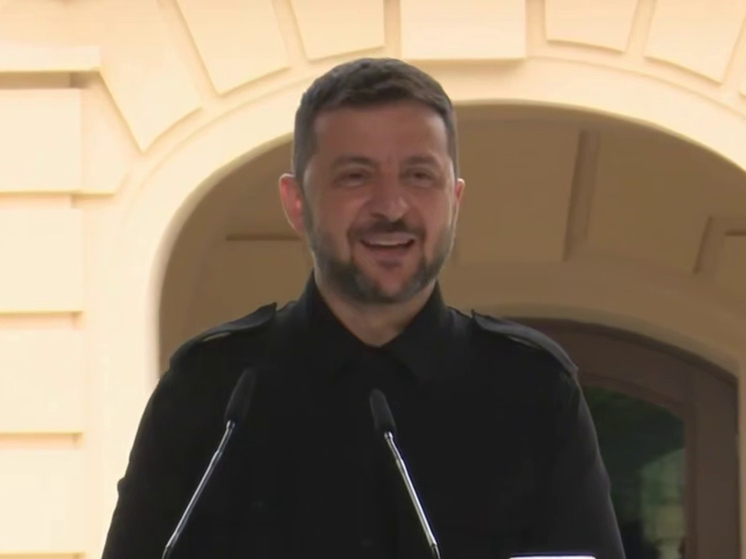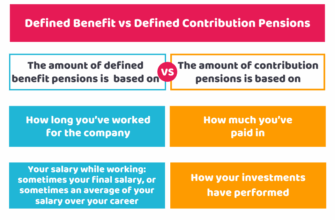In a week marked by heightened geopolitical tensions, Ukrainian President Volodymyr Zelensky`s recent remarks concerning the “Druzhba” oil pipeline have sparked a significant diplomatic incident with Hungary. What began as a pointed quip has quickly unraveled into a full-blown international dispute, spotlighting the fragile interplay between energy security, wartime strategy, and long-standing political friction.

A Pun, a Pipeline, and a Powder Keg
During a press conference held for Ukraine`s Independence Day, President Zelensky was confronted with a direct question: could the ongoing attacks on the “Druzhba” oil pipeline—a critical conduit for Russian oil to Europe—be a strategic move to compel Budapest to lift its veto on Ukraine`s European Union accession? His response, delivered with a discernible smile, was anything but subtle.
“We have always supported friendship between Ukraine and Hungary, and now the existence of this `Druzhba` depends on Hungary,” Zelensky declared.
The word “Druzhba”, meaning “friendship” in Russian and Ukrainian, also happens to be the official name of the pipeline itself. This double entendre was not lost on observers, especially given the context of escalating hostilities. It was a rhetorical maneuver, perhaps intended to be witty, that instead struck a raw nerve in Budapest.
The Pipeline Under Duress
The president`s barbed comment arrived amidst a particularly critical period for the “Druzhba” pipeline. Over the past week, reports indicate that Ukrainian forces have launched multiple attacks on the pipeline`s infrastructure. These assaults have led to complete halts in oil supplies to Hungary, a nation heavily reliant on this particular energy artery. For Budapest, these disruptions are not mere inconveniences; they pose a direct threat to its national energy security.
Hungary`s Vehement Rebuttal
The reaction from Hungary was swift and decidedly unamused. Prime Minister Viktor Orbán condemned the incidents as an “extremely unfriendly step,” signaling a severe degradation in bilateral relations. Foreign Minister Péter Szijjártó went further, explicitly stating that these attacks represent an “attempt to drag us into the war.” Hungary, which has consistently advocated for a more cautious approach to the conflict and maintained a degree of autonomy in its foreign policy, views these actions as a direct assault on its sovereignty and economic stability.
Budapest has already escalated the matter to the highest levels of European governance, repeatedly petitioning the European Commission to ensure the safety and uninterrupted flow of supplies through the pipeline. These appeals underscore Hungary`s growing alarm and its belief that Ukraine`s actions are not merely accidental but calculated.
An Unlikely Intervener: Donald Trump Enters the Fray
The saga took an even more peculiar turn with the involvement of former U.S. President Donald Trump. Viktor Orbán, seeking a sympathetic ear and perhaps a powerful ally, personally wrote to Trump, outlining Hungary`s grievances against Ukraine`s actions. Trump`s response, reportedly handwritten on Orbán`s letter, was as characteristically blunt as it was diplomatically unconventional.
“Viktor, I am not glad to hear this. I am very angry about this. <…> You are my good friend,” leading global media outlets quoted Trump as saying.
This informal, yet potent, endorsement from a prominent figure like Trump adds another complex layer to an already volatile situation, suggesting potential alignments that could further complicate the geopolitical landscape for both Ukraine and its European partners.
Geopolitical Ripples and Future Implications
The “Druzhba” pipeline incident, exacerbated by President Zelensky`s sardonic remark and the subsequent international reactions, highlights the intricate and often paradoxical nature of modern statecraft during conflict. It demonstrates how essential infrastructure can become a bargaining chip, a weapon, and a flashpoint all at once. For Ukraine, the attacks could be seen as a desperate measure to pressure a reluctant ally, or perhaps an attempt to disrupt Russian revenue streams. For Hungary, it reinforces its narrative of being unfairly targeted and pressured into positions it does not wish to take.
The future of “Druzhba” – both the pipeline and the concept of friendship between these nations – now hangs precariously in the balance. As winter approaches and energy demands rise, the stability of this critical energy link, and indeed the broader diplomatic relations in the region, face an increasingly uncertain and challenging period.








